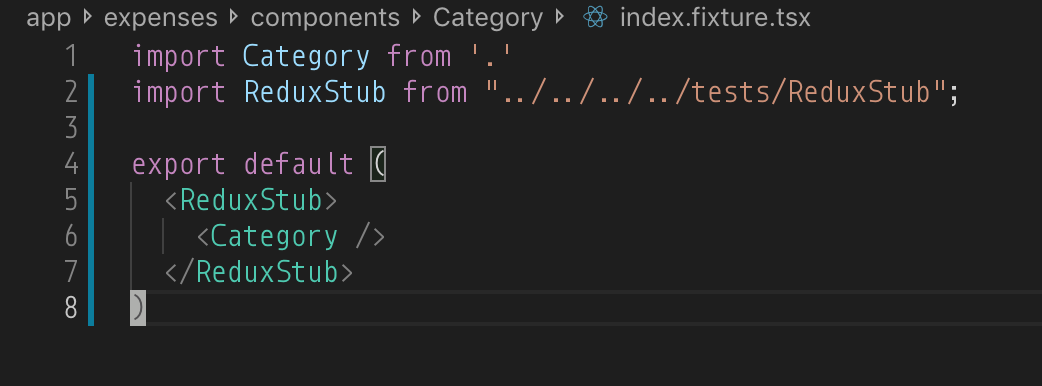React Cosmos
Sandbox for developing and testing UI components in isolation.
- Visual TDD. Develop one component at a time. Isolate the UI you're working on and iterate quickly. Reloading your whole app on every change is slowing you down!
- Component library. Bookmark component states, from blank states to edge cases. Your component library keeps you organized and provides a solid foundation of test cases.
- Open platform. React Cosmos can be used in powerful ways. Including snapshot and visual regression testing, as well as custom integrations tailored to your needs.
🤔
Why React Cosmos?
5 Reasons to Choose React Cosmos | Medium
React Cosmos
- Makes developers more productive
- Leads to high-quality, reusable UI components
- Makes it easy to share component libraries
- Helps with automated testing
React Cosmos is
- An isolated component environment
- Simple, detail-oriented and battle-tested
- The result of over 5 years of fine-tuning
- React-only
- Compatible with other bundlers (aside from webpack)
React Cosmos is not
- A style guide generator
- A documentation tool
- A testing framework
Many other similar tools have emerged since React Cosmos was created. Choose wisely based on your unique needs and personal taste.
A Brief History of React Cosmos
-
📢 2014 Cosmos.js, autonomous components for scaling user interfaces | Reddit -
📺 2015 Can components be truly encapsulated? | React Europe -
📝 2016 Fighting for Component Independence | Medium -
📺 2017 UI Development Made Simple | JSHeroes -
🐦 2019 React Cosmos 5 in 21 tweets | Twitter -
💬 2019 I made a tool for creating React components with visual TDD | SourceSort -
💬 2020 A development environment for ambitious developers | SurviveJS
🎞
Credits
Hi there. I'm Ovidiu, the core maintainer of React Cosmos. I spend ridiculous amounts of time perfecting this project because I love building user interfaces and making useful things.
React Cosmos is licensed as MIT and will always be free. If you want to support me, however, become a Sponsor and ensure this journey continues!
Special thanks to
- @maxsalven and @xavxyz for the long conversations and recurring support along the years.
- @catalinmiron, @flaviusone, @NiGhTTraX, @ovidiubute, @RadValentin, @tkjone, and all the other contributors.
- Kreativa Studio for the iconic Cosmonaut illustration.
React Cosmos is still alive because of you!
















